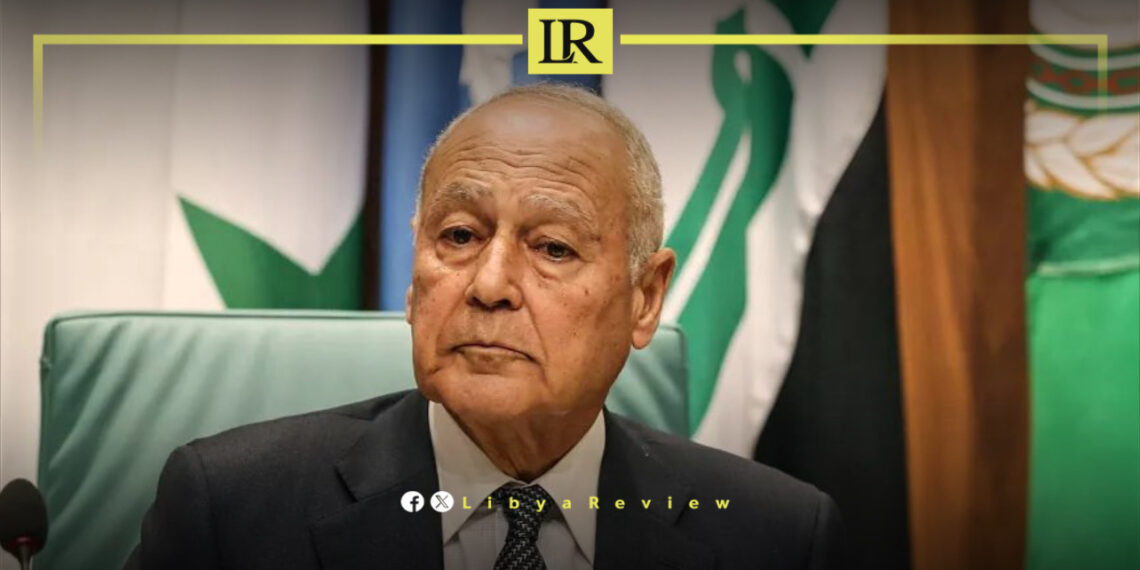On Monday, Ahmed Aboul Gheit, Secretary-General of the Arab League, raised concerns over the absence of a legislative framework in Libya that could facilitate the much-needed general elections. This lack of progress casts a long shadow over the political landscape, complicating efforts to stabilize the nation.
In a recent interview with Egypt’s “Sada El Balad” channel, Aboul Gheit reflected on the challenges facing Libya, especially in light of the resignation of Abdoulaye Bathily, the UN Secretary-General’s Special Envoy to Libya.
Bathily’s departure is seen as a protest against the persistent deadlock and serves as a grim indicator of the troubled political climate in Libya.
Aboul Gheit announced that the Arab League plans to convene a meeting with Libyan leaders from various factions to discuss ways to break the impasse. This initiative comes after Bathily stepped down on April 16, following 18 months in his role, and after his final briefing to the United Nations Security Council.
Notably, Deutsche Welle noted that Bathily’s resignation deepens the leadership vacuum in Libya, putting pressure on his successor to navigate through the complex political terrain. Furthermore, European diplomatic missions have stressed the necessity of establishing a unified government and holding elections to resolve the ongoing crisis.
Bathily, during his tenure, pointed out that major Libyan parties were significantly hindering the political process. Despite his efforts to broker agreements among the five principal factions on electoral laws and the formation of a unified government, he encountered “stubborn resistance, unrealistic expectations, and interests misaligned with the Libyan populace.”
This ongoing deadlock underscores the urgent need for a concerted effort by Libyan leaders and international stakeholders to foster a conducive environment for elections and governance reform. The Arab League’s forthcoming meeting with Libyan leaders aims to catalyze this process, striving for stability and unity in a country fraught with divisions and unrest.


